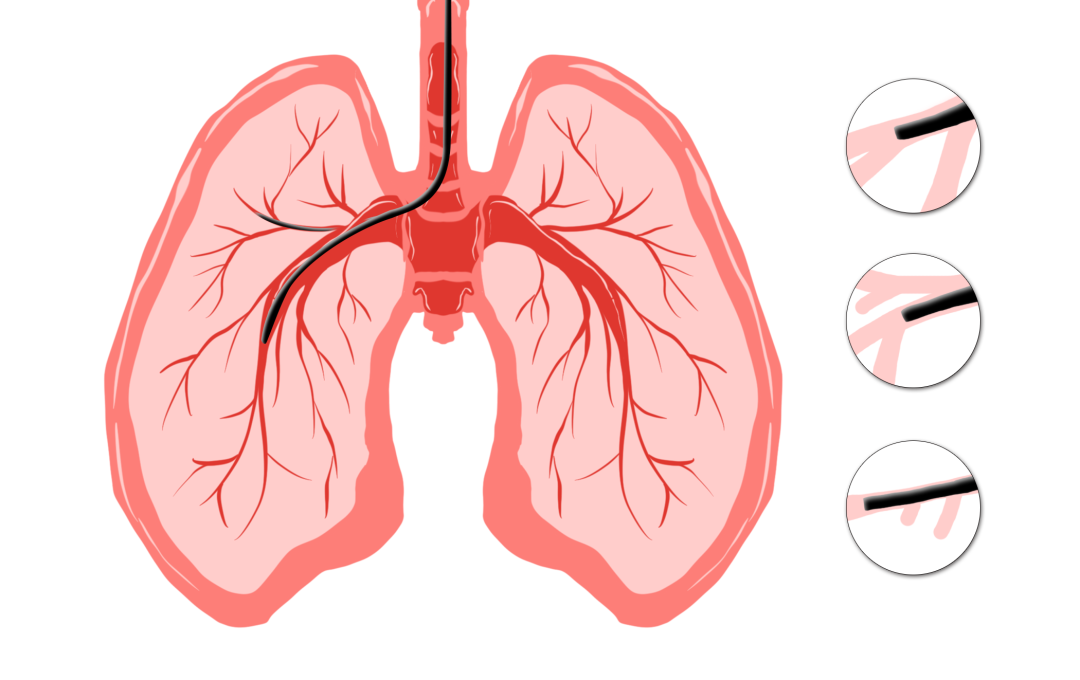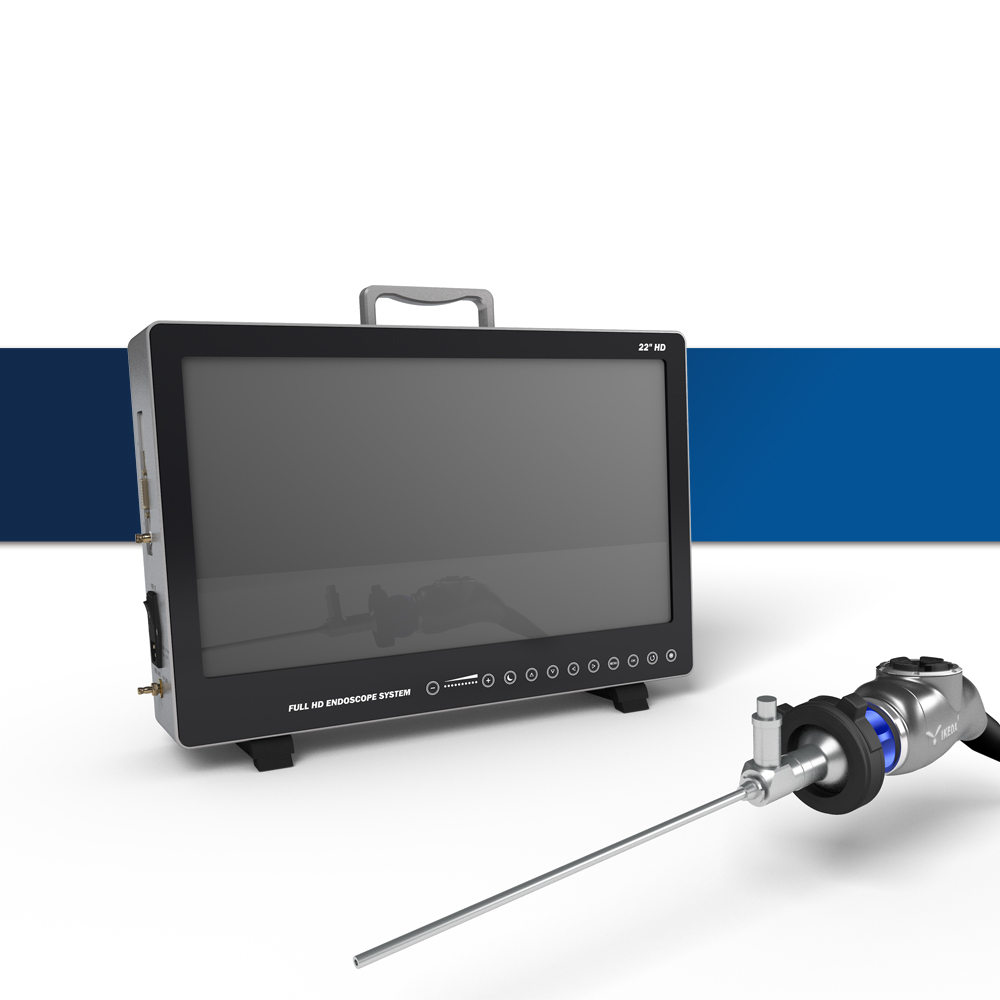A bronchoscopy is a procedure used by doctors to examine the lungs.This is done with a bronchoscope, a thin, flexible tube with a light and a lens or small video camera on the end. The tube is put in through your nose or mouth, down your throat, into your trachea (windpipe), and into the airways (bronchi and bronchioles) of your lungs.

Through the mouth, nose, or tracheal intubation, a slender bronchoscope is inserted into the trachea and bronchi and further distally.To observe and treat lesions directly in the trachea and bronchi using a variety of instruments.As a result, this has become a vital tool in lung disease diagnosis and treatment.
Nevertheless, many patients are nervous and fearful at the mention of a bronchoscopy.It is very undesirable for some people to refuse to undergo this test.
What diseases can be treated with bronchoscopy?
Under direct vision, bronchoscopy is widely used to detect and diagnose early lesions.Furthermore, it is used to perform treatments such as cold and heat ablation of airway lesions, tumor removal, and particle implantation.Increasingly, technology is being used to diagnose and treat respiratory system diseases as a result of technological advancements.




